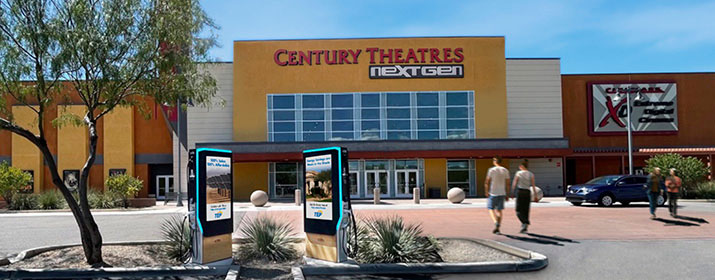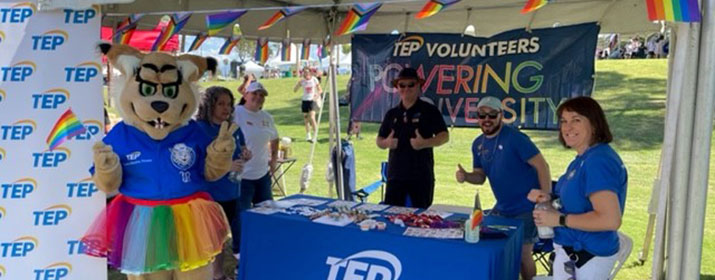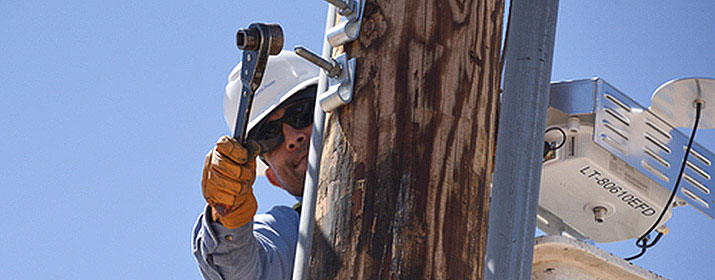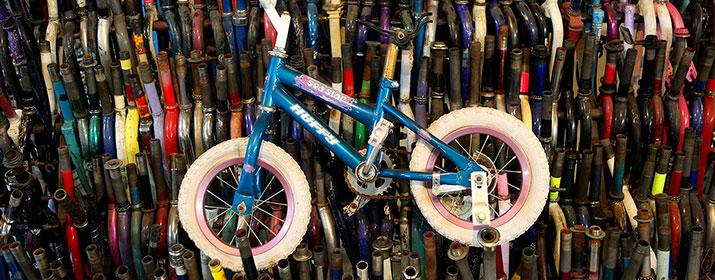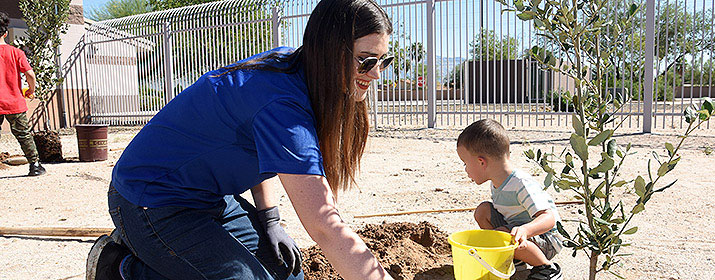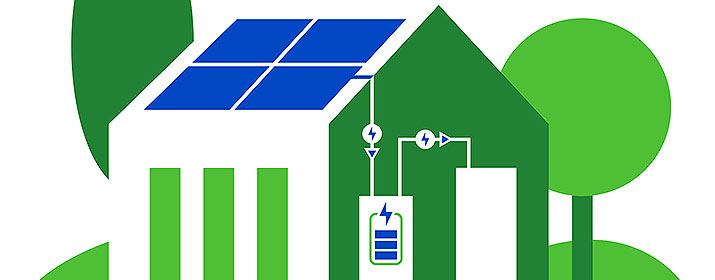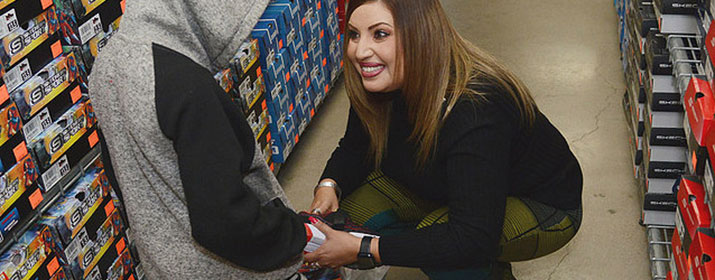
Many local students and teachers began the school year with some extra help from TEP and our nonprofit partners.
Students were provided with clothes, shoes and backpacks, while teachers received training, technology and school supplies. TEP provided financial and volunteer support for these assistance efforts as part of our commitment to expand educational opportunities in our community.
TEP works with nonprofit partners to develop invitation-based donation requests for education efforts. Funding to grant these requests comes from corporate resources, not customers’ rates.
Here are just three ways that we supported education this year:
Shoes and Clothes
Students can put their best foot forward with new kicks from a pair of TEP-supported shoe shopping events this month.
On Sept. 8, our employee volunteers took 10 children shopping for new shoes at Kohl’s through a partnership with the Amphi Foundation, which supports students in the Amphitheater Unified School District. Employees also packed school supplies in backpacks, which were given to the children at the event.
Shoes to Smiles events are held each month in support of one Amphi school, with students identified by counselors and principals. Last month, TEP volunteers also helped refugee students and their families pick out clothes at the Amphi Foundation Clothing Bank.
This week, TEP volunteers will help 100 students pick out new shoes and socks at a shoe shopping event run by the Educational Enrichment Foundation (EEF), which supports students and teachers in the Tucson Unified School District.
“We have a responsibility to help meet the basic needs of children in our community. Having a pair of comfortable shoes is important for their physical development and has a positive impact on their social and emotional health,” said Doyace Wilson, Vice President of the EEF Board and an Engineering Project Manager for TEP.
Earlier in the summer, our employees also volunteered at Badges and Backpacks, an event put on by Pima County Sheriff’s Department volunteers to provide supplies for children before the school year begins.
Technology and Supplies
TEP also helped provide schools with the resources they need to support children.
Our company has donated more than 159,000 pounds of electronic items to the 3000 Club‘s Computers for Education program since 2014. The 3000 Club is mostly known for its Market on the Move program, which makes up to 60 pounds of food items that are overstocked, undersized, or too ripe for shipping available for just $10. But the club also provides refurbished technological equipment to schools.
With these donations, The 3000 Club can provide between eight and 12 computer systems a month to qualifying students, schools, veterans and teachers. Any items that can’t be repaired and reused are recycled through the Reducing Our Waste program, which provides public school group volunteers with an opportunity to learn and practice disassembling skills. The group also sells refurbished electronic items to fund its other programs.
“We believe a parent shouldn’t have to choose between this week’s food and an operating PC for their school-aged kids to complete their studies. Our program provides complete systems to Tucson’s fifth grade and older students who are income-qualified,” said Pam Boyer, Executive Director of The 3000 Club. “We are extremely grateful to TEP for these generous donations.”
TEP also contributed $10,000 to the Full STEAM Ahead program, which provided a Visa gift card to every school in the Amphi district to purchase supplies needed for classroom lessons.
Training
Over the summer, teachers throughout the state had the opportunity to attend training sessions in science, technology, engineering and math (STEM) through TEP contributions.
TEP funding provided scholarships for some teachers to attend the Science Teacher Symposium, four-days of professional learning and coaching offered by the Arizona Science Teachers Association. The sessions also included books and supplies that teachers could take back to their classrooms.
Hands-on activities included growing edible mushrooms and making butter from cream. Teachers learned from expert speakers about food chemistry, fungi, phenology, light polarization, isometric drawing, data literacy and game design. They also reviewed images and lessons learned from the James Webb Space Telescope.
In addition, TEP supported summer training sessions through the STEMAzing Institute, which provides hands-on learning for teachers to translate to school lessons.
“By investing in education, students and teachers, we’re investing in the next generation of energy leaders and in a brighter tomorrow,” Wilson said. “A solid education is the foundation for a better quality of life and a stronger future for our communities.”

